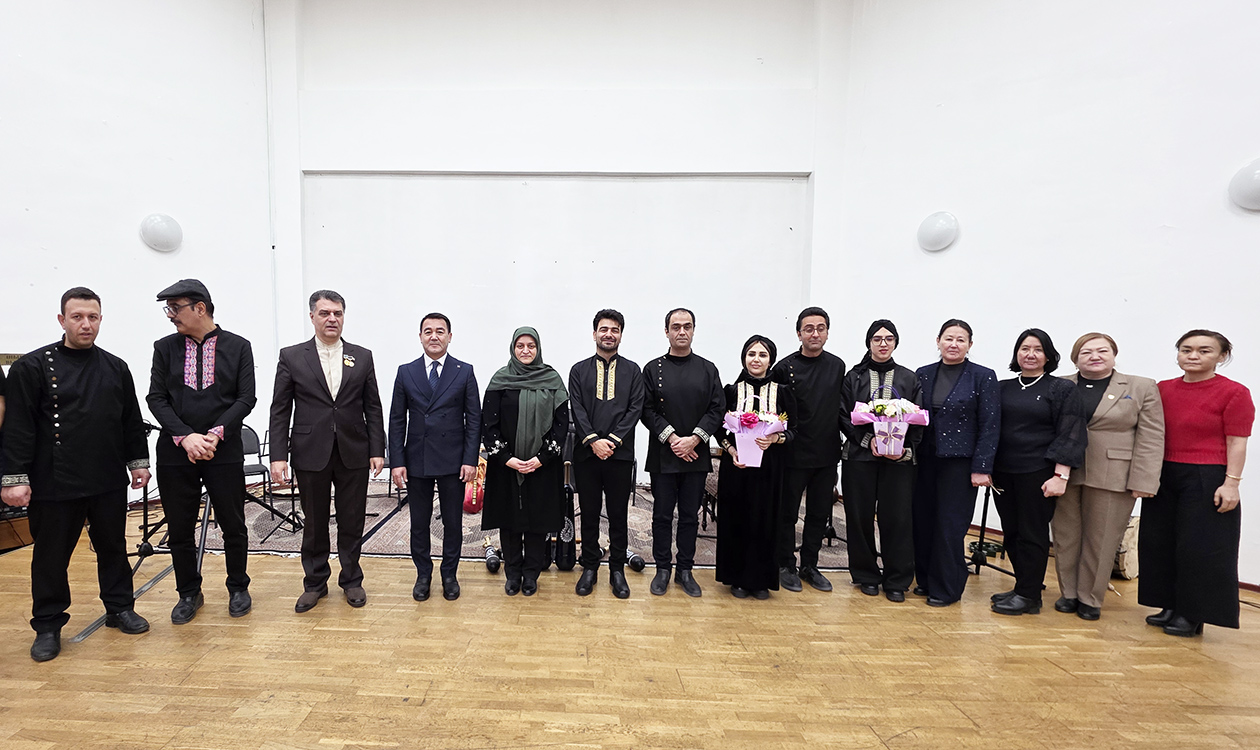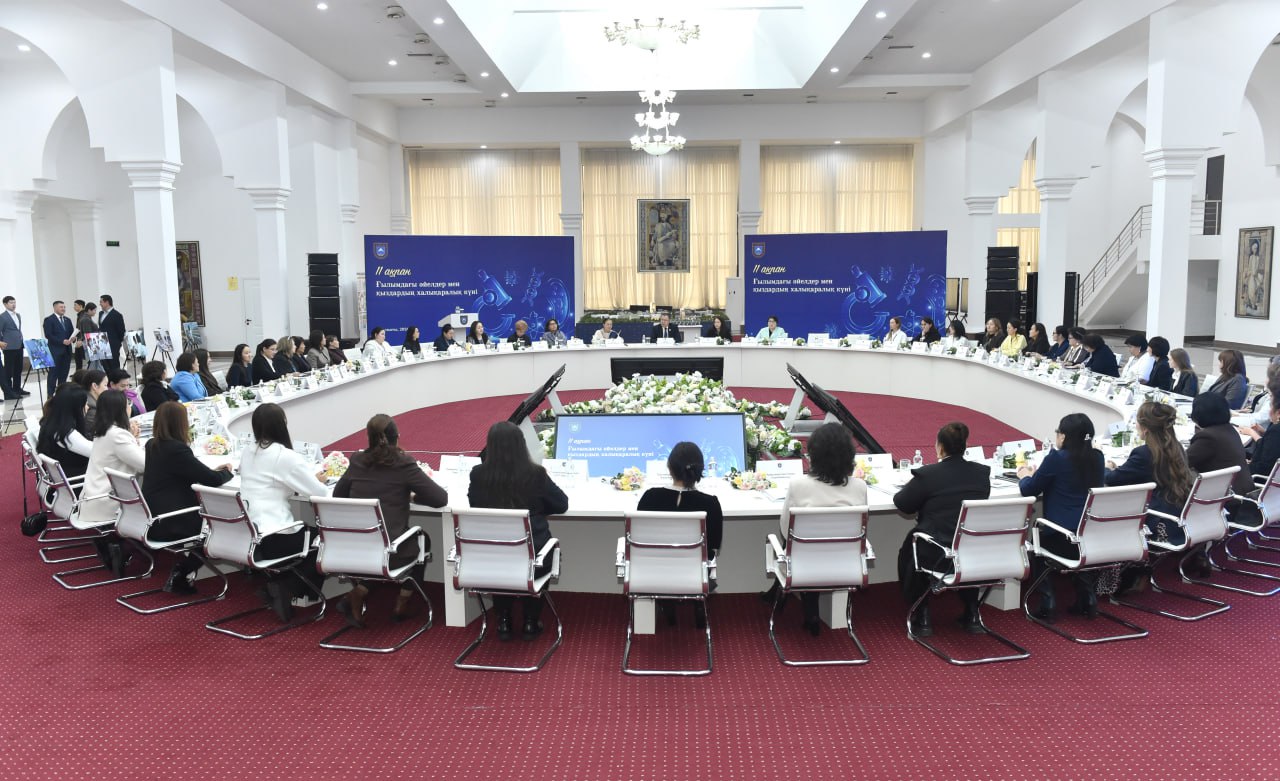- Main
- News
- KazNU scientists are involved in the UN initiative "International Decade of Science for Sustainable Development"
KazNU scientists are involved in the UN initiative "International Decade of Science for Sustainable Development"
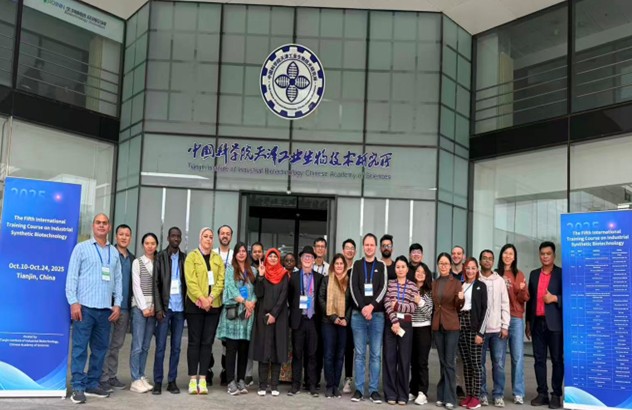
Training and Knowledge Exchange at the International ITC-ISB Course (Tianjin)
From October 10–24, 2025, Assoc. Prof. A.K. Sadvakassova of the Department of Biotechnology, Faculty of Biology and Biotechnology, Al-Farabi Kazakh National University, completed training and took part in the activities of ITC-ISB, organized by CCIB (TIB CAS) in partnership with COMSATS. The course is held with the support of UNESCO and is included in the initiatives of the International Decade of Sciences for Sustainable Development. The program brought together 23 specialists (professors, associate professors, PhDs) from 12 countries—from Kazakhstan and China to Argentina, Nigeria, the Dominican Republic, Thailand, Tanzania, Malaysia, Saudi Arabia, Indonesia, and Egypt—creating a rich academic environment and a strong potential for international collaboration.
The training modules covered cutting-edge areas of synthetic biology in biomedicine, agri-biotechnology, biomaterials, and bioenergy. Among the most insightful lectures highlighted by Prof. Sadvakassova were: Prof. Jibin Sun (Keynote), “Introduction to Industrial Biotechnology”; Assoc. Prof. Jingjing Wang, “Synthetic Microbiome and Its Application in Agriculture”; Dr. Lennart Schada von Borzyskowski, “Combining Natural and Synthetic Microbial Biochemistry to Advance Sustainable Biotechnology”; as well as a session on polylactic acid (PLA), “Synthesis of Biodegradable Plastic Polylactic Acid in the Era of SynBiotech.” These talks set the scientific framework of the course and outlined practical trajectories for technology deployment—from modular assembly of metabolic pathways and regulation of gene expression to CO₂ bioconversion into high-value products. A special highlight was the “CO₂ Fixation & Bioconversion” international symposium, which discussed strategies for CO₂ fixation and the engineering of new metabolic pathways for sustainable manufacturing.
The practice-oriented component included visits to leading biotech enterprises in China: Huaheng Biotechnology Co., Ltd. (Qinhuangdao)—development, production, and sales of amino acids and other organic acids for domestic and international markets (visit on October 19); and Bloomage Biotech (Tianjin)—one of the world leaders in hyaluronic acid, producing sodium hyaluronate via fermentation and supplying it for pharmaceuticals, medical devices, cosmetics, and functional foods (visit on October 22).
Participation of KazNU in ITC-ISB strengthens the University’s contribution to the 2030 Agenda and the UN Sustainable Development Goals (SDGs): work on synthetic microbiomes and agri-biotechnology directly supports sustainable food systems and food security (SDG 2); the implementation of modern bioprocesses and bioenergy solutions fosters clean, energy-efficient technological chains (SDG 7). The course’s industrial format—rooted in computational design and scalable fermentation—accelerates innovation transfer into production infrastructure (SDG 9), including in biodegradable materials and “green” practices (SDG 12). A dedicated focus on CO₂ fixation and bioconversion turns climate challenges into opportunities for high-tech products (SDG 13). Finally, the international cooperation among universities, research centers, and industry established within ITC-ISB strengthens long-term partnerships and opens pathways for joint projects and internships for our students and researchers (SDG 17).
#SDG #SustainableDevelopment #THEImpact #KazNU #SDG_KazNU #SustainableKazNU #SDG2 #ZeroHunger # SDG7 #AffordableAndCleanEnergy #SDG9 #IndustryInnovationAndInfrastructure #SDG12 #ResponsibleConsumptionAndProduction #SDG13 #ClimateAction #SDG17 #PartnershipsForGoals
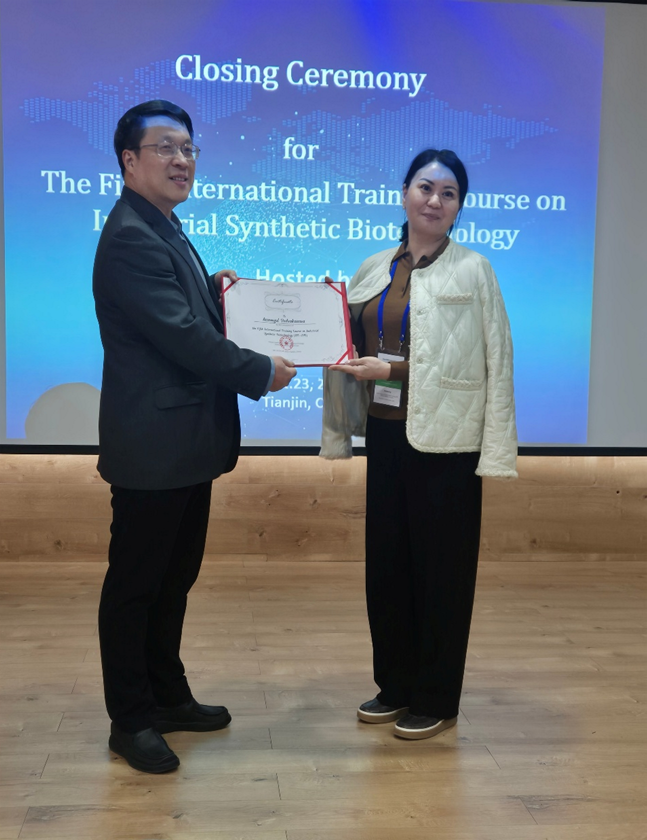
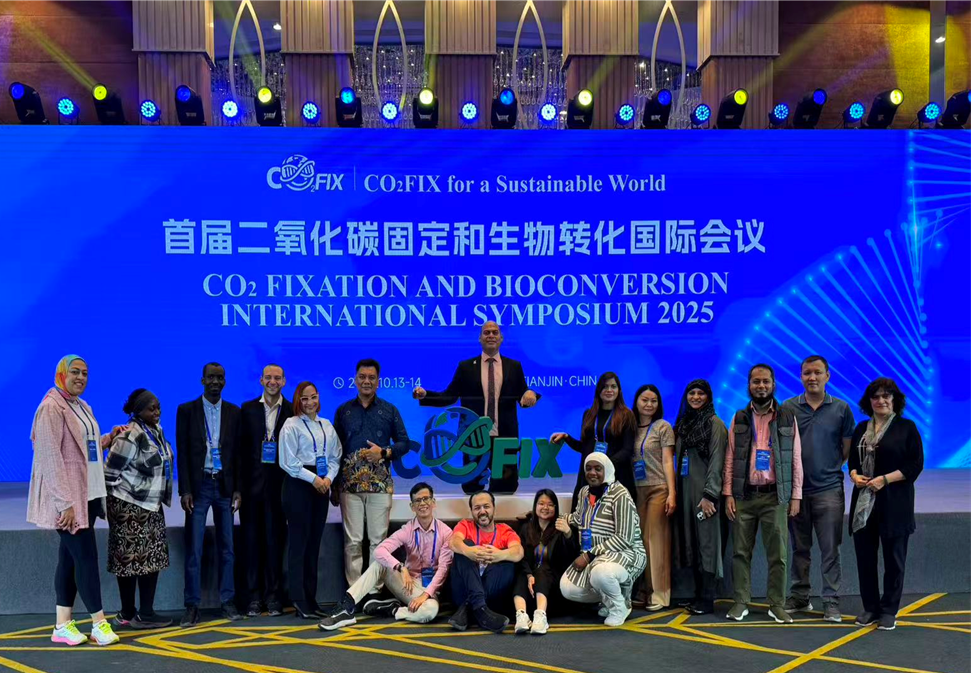
Other news
